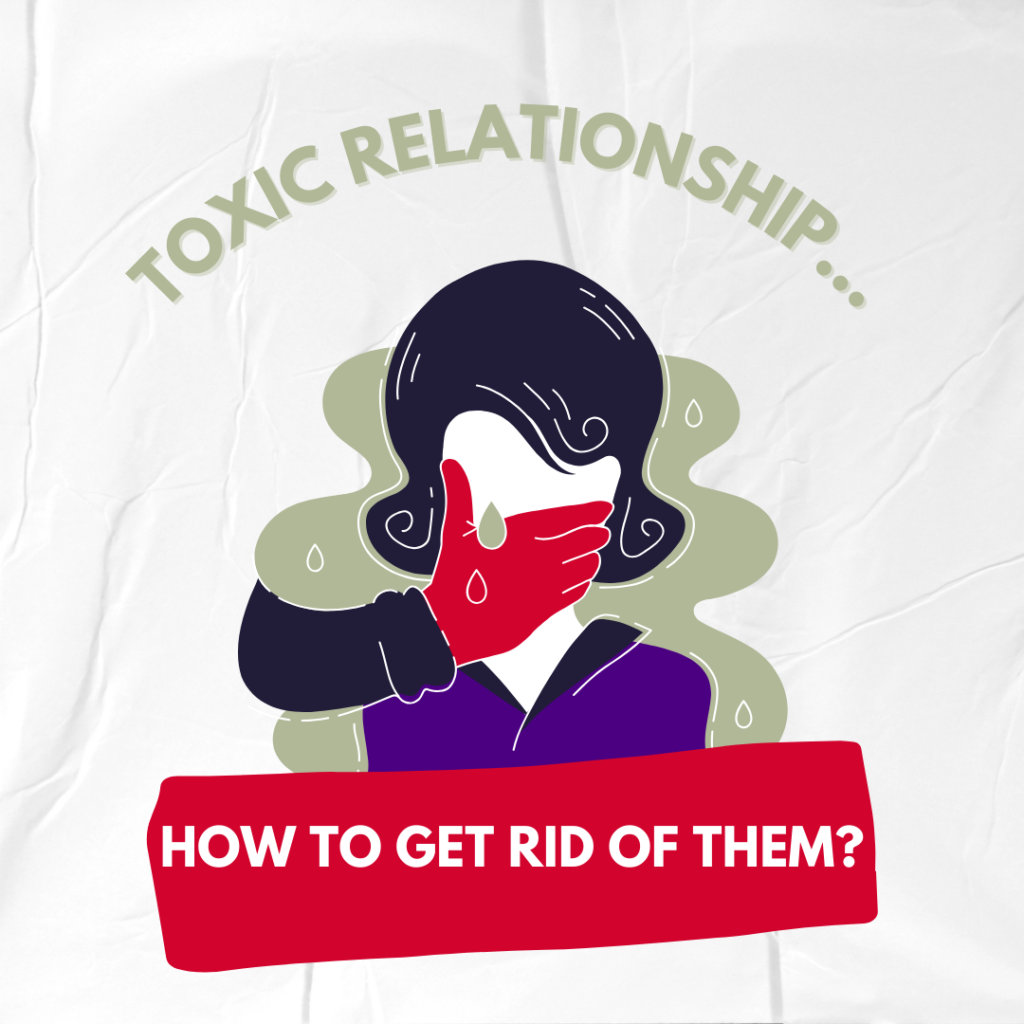Discover how to identify a toxic relationship, its harmful effects, and practical examples. Learn how to break free and regain your self-esteem and emotional well-being.
I’ve been in a relationship that drained me emotionally. At first, everything seemed perfect, but over time, I realized something was wrong. This experience taught me a lot about being trapped in a toxic relationship, and I want to share with you how to recognize the signs and leave this situation in a healthy way.
What Is a Toxic Relationship?
Toxic relationships are those that drain your energy and negatively affect your emotional and psychological well-being. They can occur in romantic relationships, family dynamics, and even friendships.
I remember my friend Ana, who always justified her boyfriend’s abusive behavior, believing he would change. He controlled her friendships, humiliated her in small ways, and made her doubt her self-worth. Only after many conversations and support did she realize she was trapped in something destructive.
Harmful Effects of a Toxic Relationship
The negative impacts are deep and long-lasting. I personally suffered from intense anxiety and low self-esteem during this experience. Here are some of the main harmful effects:
1. Low Self-Esteem
Constant manipulation made me doubt myself. I always felt like I was in the wrong, as if I was never good enough. Many people go through this without realizing how much they are being affected.
2. Mental Health Issues
I experienced frequent anxiety attacks because I never knew how the other person would react. Just like me, I’ve heard many stories of people developing depression from being trapped in harmful relationships.
3. Social Isolation
I know a friend, Pedro, who distanced himself from everyone because his partner didn’t like his friends. I’ve been there too, avoiding going out with friends to prevent arguments at home.
4. Emotional and Physical Fatigue
Trying to keep the peace in a toxic relationship is exhausting. I remember sleepless nights, blaming myself and trying to understand what I was doing wrong.
5. Difficulty Building New Relationships
After finally breaking free, I took a long time to trust people again. I was afraid of making the same mistakes and falling into another destructive relationship.

Practical Examples of Toxic Relationships
Here are some stories that illustrate how these relationships can manifest:
1. The Control-Based Relationship
Maria and João had been dating for two years. João always wanted to know where Maria was, who she was with, and checked her phone. This reminds me a lot of my own experience when I felt like I had to justify every step I took to avoid fights.
2. The Manipulation-Based Relationship
Carlos and Fernanda were married. Carlos made Fernanda feel guilty about any disagreement, always shifting the blame onto her. I’ve been through something similar, where every time I tried to express a feeling, I was told I was overreacting.
3. The Toxic Friendship
I had a friend who always belittled my achievements. Whenever I was happy about something, she would make a sarcastic comment to bring me down. It took me a while to understand that friendships can be toxic too.
How to Leave a Toxic Relationship
Leaving a relationship like this isn’t easy, I know. But some steps can help:
- Recognize the signs: Admitting that something is wrong is the first step.
- Seek support: Relying on friends and therapy made a huge difference for me.
- Set boundaries: When I finally set clear boundaries, I realized how much it empowered me.
- Take care of your emotional health: After leaving, I invested in myself, learned more about what I want, and most importantly, what I will no longer accept.
- Avoid relapses: Many people go back out of fear of being alone, but remember why you decided to leave.
Frequently Asked Questions About Toxic Relationships
How do I know if I’m in a toxic relationship?
If you feel like your self-esteem is low, you live in constant tension, or notice signs of manipulation and excessive control, you might be in a toxic relationship. Observing negative changes in your behavior and well-being is a strong indication.
Is every relationship with arguments toxic?
No. Disagreements are normal in any healthy relationship. However, when conflicts involve manipulation, emotional abuse, or make you feel constantly guilty and inferior, it could be a sign of toxicity
How can I help someone in a toxic relationship?
Offer support without judgment and encourage them to seek professional help. Often, those in a toxic relationship don’t see the situation clearly.
Can family relationships also be toxic?
Yes. Parents, siblings, and other family members can be controlling, abusive, or manipulative. Recognizing these patterns is essential for setting boundaries and preserving your mental health
Can therapy help overcome a toxic relationship?
Absolutely! Therapy can be essential for rebuilding self-esteem, understanding behavioral patterns, and avoiding harmful relationships in the future.
Conclusion
If you’re in a toxic relationship, know that you’re not alone. I’ve been through it, and over time, I was able to rebuild myself. You can too. Seek help, strengthen your self-esteem, and remember that you deserve a healthy and respectful relationship. 💙

